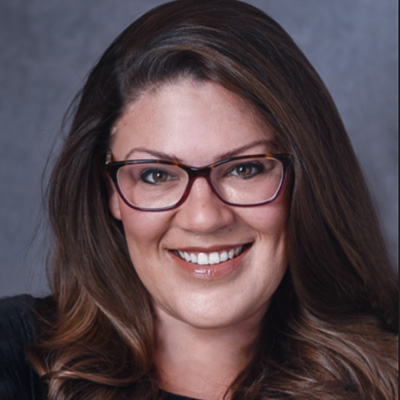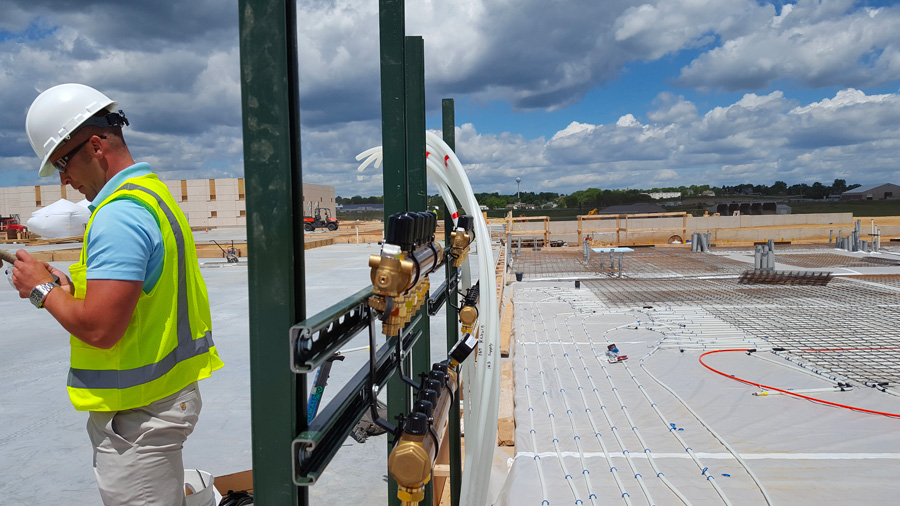

The Uponor Academy for Engineers online training program provides professionals with an exclusive opportunity to gain insight from industry experts — with decades of experience — about how to improve profitability, productivity, and sustainability while minimizing risk on projects. Through this program, professionals can build their knowledge base, collaborate with experts, and challenge traditional thought processes to effectively respond to issues impacting our industry.




